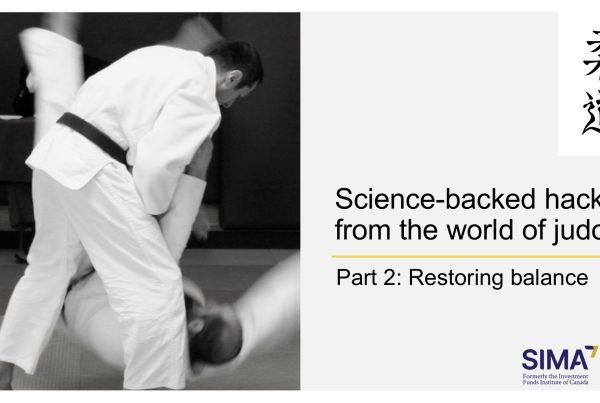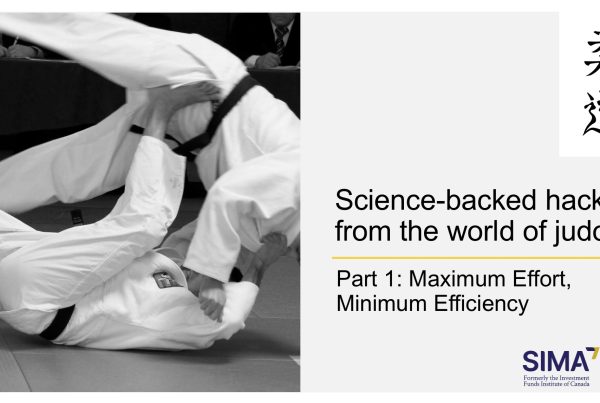I’ve been practicing Judo for many decades and have had the privilege of teaching it for over fifteen years, first to children and teenagers, then to university-level students as an instructor at the University of Toronto Judo Club. Judo is a great martial art as well as an Olympic sport. Practitioners enjoy many benefits of a mental and physical nature – reduced stress, enhanced strength, stamina and balance, improved reflexes and flexibility – but that is not what I wish to focus on here. My focus today is on how people are expected to behave towards each other in the dojo and how this gets transmitted from one generation of practitioners to another through the vehicle of culture.
Writing about the culture of Judo is more difficult than might appear. The challenge is that while words are obviously useful for conveying ideas of all kinds, they are not the traditional way of teaching important values and life lessons in the world of traditional martial arts. That is done, instead, through action and example.
To illustrate this, let’s focus on one of Judo’s eight fundamental values: Respect.
Judo is a form of hand-to-hand combat in which practitioners are expected to develop effective and efficient fighting skills. In the dojo as in business, facing some spirited opposition is often the best path to improvement. As a result, sparring is not staged or choreographed; injuries can happen, and students soon learn that one of the essential conditions to developing their own skills is to have willing partners – other people who gladly accept to practice with them. Respect, in this context, acts as the foundation for effective collaboration and mutual benefit: As a judoka, you come to realize that the person fighting you is not your enemy; it is a valued partner without whom you simply could not reach your full potential.
Any judoka who exhibits carelessness and regularly causes injuries to his partners will soon run out of of people to train with. Similarly, any judoka who suffers from a bad temper and gets upset when things don’t work out will find less and less people to practice with and will either have to amend his or her ways, or find some other activity to pursue. The instructors, or Senseis, may point out from time to time the importance of respecting others but those words are spoken mostly as a way to make students notice what they have already internalized through day-to-day experience: That in a dojo, where risk of serious injury is never far, getting angry, raising your voice at others, using lewd language, being a bad loser, refusing to collaborate or showing disrespect to others in any other way are simply not socially acceptable.
Indeed, words are almost superfluous in teaching the most important lessons of Judo, as the strong culture of the dojo, as perpetuated by the Senseis and the more experienced students, becomes the vehicle through which acceptable behaviours, as well as desirable values, are actively conveyed to new generations of judokas.
We often talk about the importance of respect, collaboration and culture in business organizations. Having lived for over twenty-five years with one foot in the world of business and the other in the world of Judo, I am struck every day by the applicability to the world of business of the powerful values and culture that get conveyed through the practice of Judo and other traditional martial arts. In the words of Kano Shihan, founder of Judo:
“Nothing is more important than living prosperously together. If everyone acts with the spirit of mutual cooperation, each person’s work benefits not only himself, but also others, and attaining this together will bring mutual happiness. Activities should not be engaged in simply for self-interest. Once started, it is only a matter of course that a person will find goodness in harmony and cooperation upon realising that his efforts will increase the prosperity of all.”
Words to live by—in the dojo, at home and at work.



